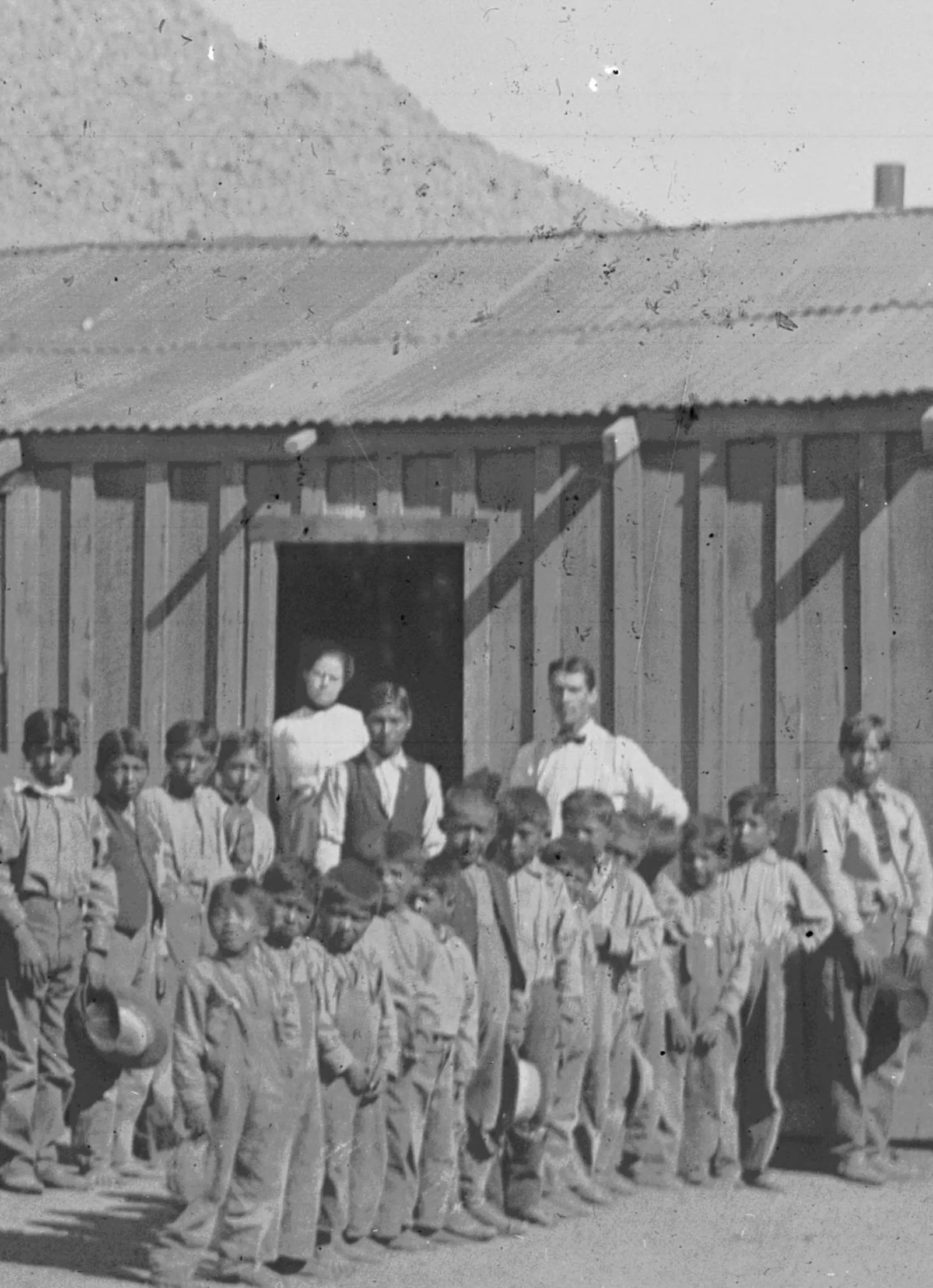The dry, sunny landscape of the Southwest attracted a variety of settlers. One relative large subset were sick with tuberculosis. Larkin-Gilmore traces white, tuberculous health seekers who took jobs with the Indian Service in the early twentieth century in order to move to more salubrious climates, like the Southwest. Their presence among Native populations had a direct negative effect on Indigenous health, a facet of federal assimilation history that has largely been ignored, both by historical actors and scholars. Rising morbidity and mortality rates in Indian Country had many causes, mostly related to the politics of allotment, boarding schools, cultural suppression, capitalism, and settler colonialism. But health seeking was another, related cause. This paper connects histories of health seeking to those of American Indian assimilation in order to highlight settlers who did not fit the federal government’s binary of white, civilized, and healthy vs. Native, primitive, and sick. By looking closely at health we can better understand the paradoxes of federal policies and add new complexities to Native experiences at the turn of the twentieth century.
Juliet C. Larkin Gilmore is the Chancellor's Postdoctoral Fellow at the University of Illinois Urbana-Champaign. Dr. Larkin-Gilmore holds a Ph.D. in History from Vanderbilt University. Her research and teaching interests cluster around American Indian history, medicine and health, the U.S. West, and mobility. Her book manuscript, Native Health on the Move: Public Health and Assimilation on the Lower Colorado River, examines Mohave mobility, health landscapes on the Lower Colorado River, and the contradictions between public health policies and federal attempts to annihilate Native cultures in the United States in the late nineteenth and early twentieth centuries.
